Education & Decent Work
ETH for Development (ETH4D) has been supporting the following projects in the field of Education & Decent Work.
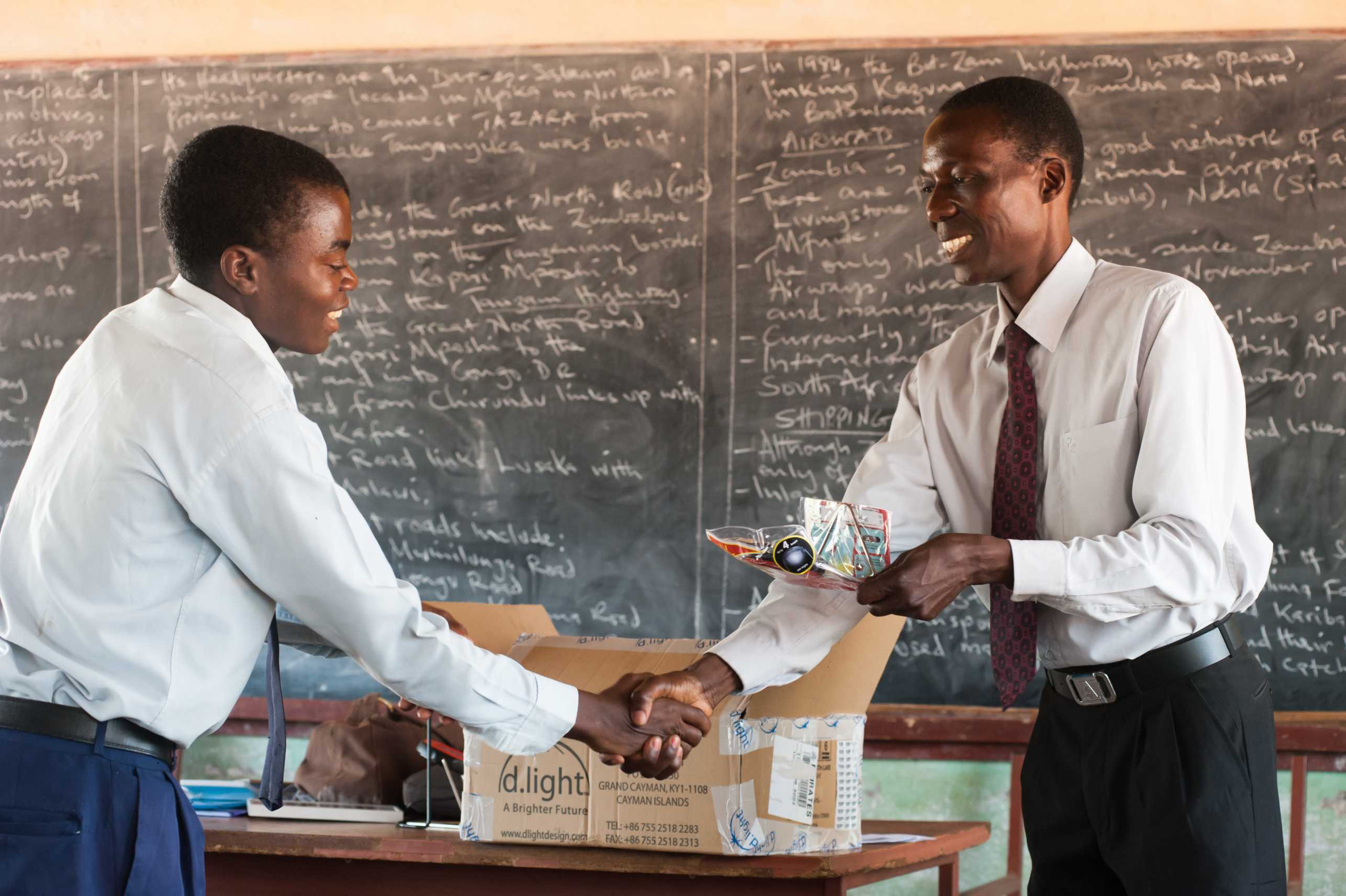
Does Technology Use Improve Educational Attainment, Health and Mental Wellbeing for Persons with Disabilities?
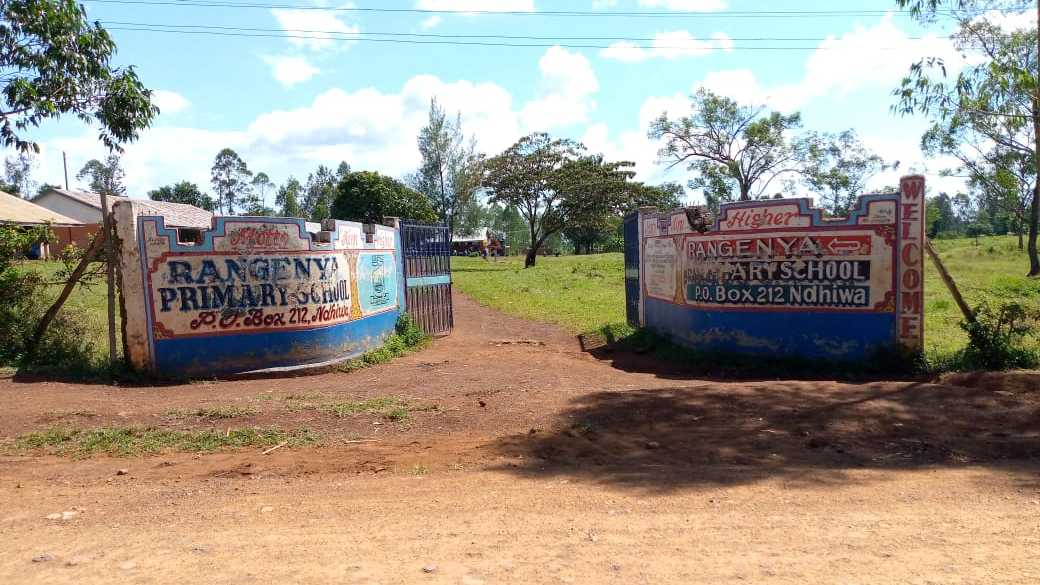
This project evaluates the role of technology specifically, a speech enabled mobile app, in addressing educational and mental health and well-being outcomes for learners with disabilities in Kenya. It evaluates whether curriculum material when offered through a speech enabled mobile app helps to improve learning outcomes such as the decision to stay in school, test scores in math and science, the decision to take the national primary exam, and transition to secondary school for special needs learners. It also evaluates the effect of a motivational messages, also provided through the app, on their mental health and well-being and their future aspirations.
The findings of this study have potentially significant policy implications for policy makers on the role of technology for improving education outcomes and poverty for people with disabilities in LMICs.
Focus Country: Kenya
Contact: Frank Odhiambo, Prof. Isabelle Günther
Partners: external page National Council for Persons with Disability, external page Association of the Physically Disabled Persons of Kenya
ETH4D Grant: external page E4D Doctoral Scholarship
Role of Educational Intervention on Students’ Multi-dimensional Energy-related Literacy and Stated Choice of Durables
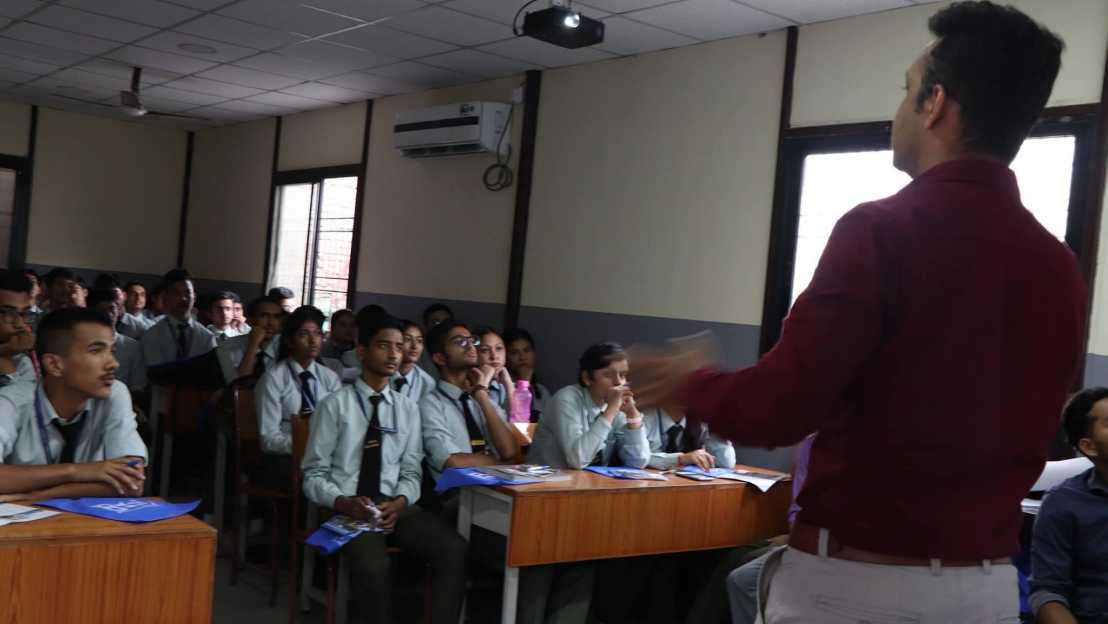
A lack of technical knowledge on finance, energy, and sustainability among individuals and households -- who make up to 70% of the global greenhouse gas emissions -- can be a significant predicament to achieving sustainable development. These skills can be even more important for young people who, arguably, have a longer time horizon for both consumption and education/adaptation. Our study explores the level and determinants of multi-dimensional energy-related literacy (financial literacy, energy-related financial literacy, and sustainability literacy) among young people, particularly high school students, in Kathmandu, Nepal, and evaluate the impact of an educational treatment on students’ knowledge of finance, energy, and sustainable consumption. We also aim to measure the impact of the course on students’ stated choice on purchase/use of durables such as motorbikes. We plan to implement a randomized control trial (RCT) among high school students in Kathmandu and use primary data obtained from this experiment for econometric analysis. Our study hopes to contribute to the ongoing academic/policy discussion on cost-effective ways of enabling young people – particularly in developing countries – with knowledge and technical skills necessary for energy-efficient consumption and investment decisions.
Focus Country: Nepal
Contact Person: Babu Regmi, Prof. Massimo Filippini
Partners: external page Ministry of Education, external page Higher Institutions and Secondary Schools Association of Nepal, external page Bharatphur Municipality
ETH4D Grant: external page E4D Doctoral Scholarship
Women's Empowerment in Agroecology
This research project, conducted in collaboration with Haramaya University and the Oromia Irrigation and Pastoralist Development Bureau, explores the role of women in agroecological transitions in Ethiopia. It aims to assess the status of women’s empowerment, analyze the relationship between the 10 elements of agroecology with the ‘characterization of agroecological transition score’ (CAET), and evaluate the contribution of women’s empowerment to household food and nutrition security in two regional states of Ethiopia.
Based on data from 619 farm households, the project will provide policy recommendations to enhance gender-inclusive sustainable farming. The findings will support interventions promoting women's participation in agroecological transformations, benefiting both households and broader food systems.
Focus Country: Ethiopia
Contact: Prof. Johanna Jacobi
Partners: external page Haramaya University, Oromia Irrigation and Pastoralist Development Bureau
ETH4D Grant: ETH4D Pilot Grant
Tax Compliance in Multilevel Tax Systems
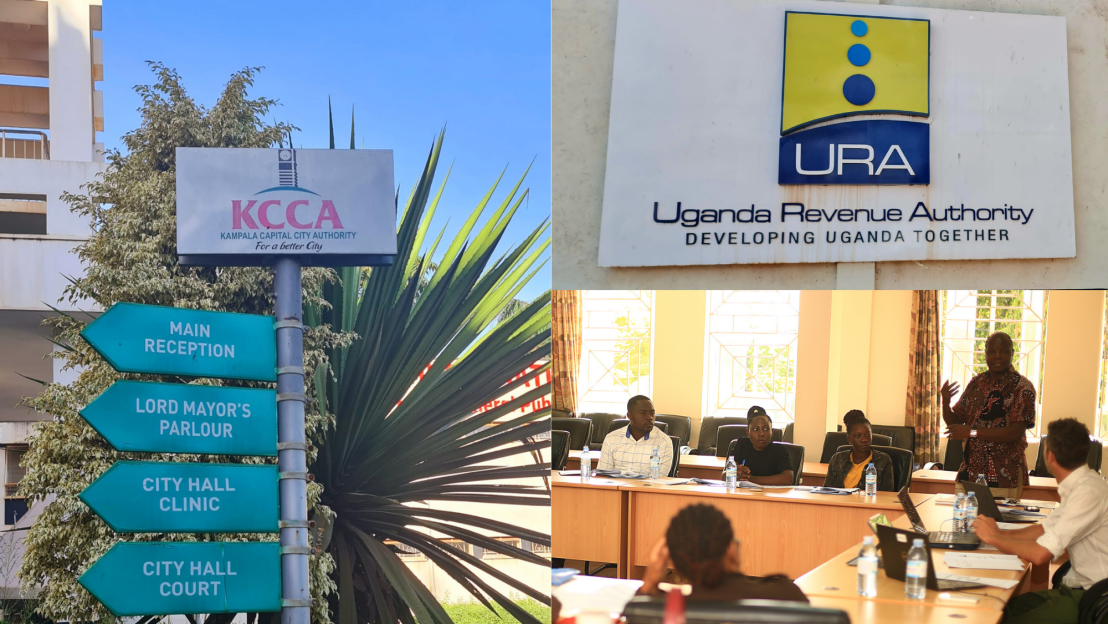
This research project investigates business tax compliance in a multi-level tax structure. It focuses on small and medium-sized firms in Kampala, the capital city of Uganda. Enterprises operating in Kampala are taxed at the local level by the Kampala Capital City Authority (KCCA) and at the national level by the Uganda Revenue Authority (URA). Kampala provides an ideal setting for understanding the compliance patterns of firms in the context of limited vertical coordination, given that the above agencies have been operating independently in their enforcement and collection of business levies in recent years.
The project leverages large-scale administrative tax data of more than 60,000 firms, complemented by survey and experimental data to investigate business compliance rates with the two streams of levies from KCCA and URA across the period of 2015-2022 and test interventions that could improve revenue mobilization across the board. In the project's first step, local and national tax registries are merged – a first in Kampala – and we analyze the compliance patterns of all businesses across eight years. Second, we conduct a large-scale survey with randomized modules to understand the business climate in Kampala and collect self-reported data on tax compliance. The survey, which includes randomized modules, also aims to measure self-reported tax compliance and validate the accuracy of different survey techniques in eliciting truthful answers on compliance. Third, we conduct a large-scale randomized control trial experiment in collaboration with the tax authorities and test optimal interventions that could improve compliance. The experiment also aims to analyze the spillover effects of the intervention on business tax compliance across tax layers.
This project is implemented by a consortium of researchers which includes Stephan Dietrich (Maastricht University / UNU-MERIT), Yannick Marhkof (Maastricht University / UNU-MERIT), and Firminus Mugumya (Makerere University). The project receives financial support from ETH4D, UNU-WIDER, and ICTD.
Focus Country: Uganda
Contact: external page Prof. Rose Camille Vincent
Partners: external page Uganda Revenue Authority, external page Kampala Capital City Authority
ETH4D Grant: ETH4D Research Challenges Grant
Empowering Informal Workers through Unionization
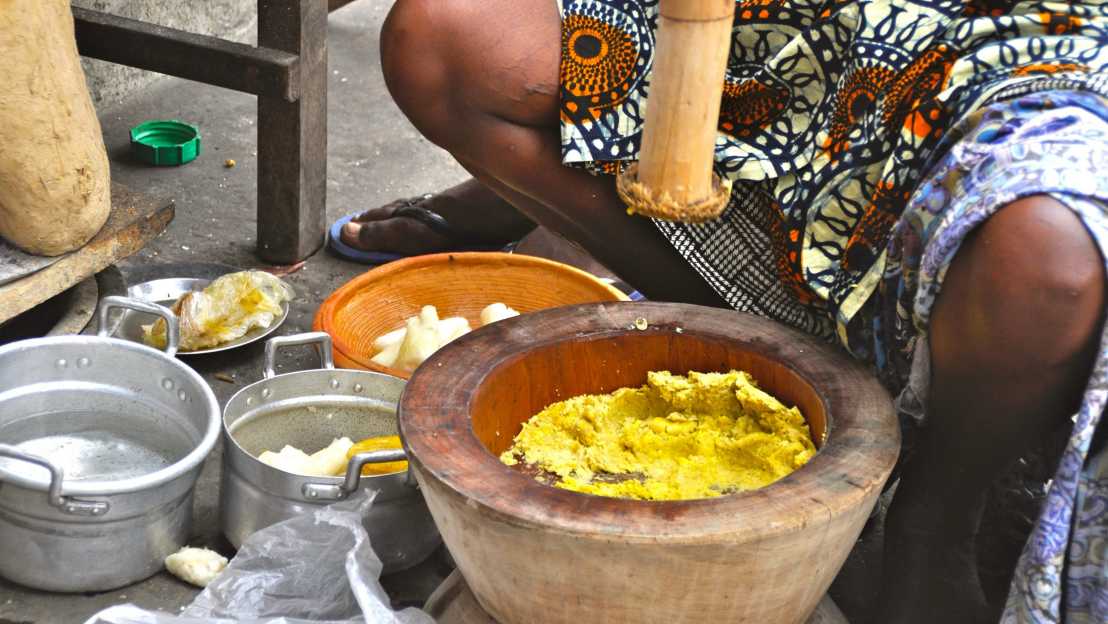
In lower-income countries, over 80% of the workforce sustains their livelihood through the informal economy. This has drawn attention to the precarious working conditions in these activities and underscores the need to prioritize informal economy workers in striving for more and better jobs (SDG8). However, there is very little research on workers’ own conception of “good” work, and scholars have largely overlooked collective action by informal economy workers (e.g., through unions) to enhance their working conditions.
In this transdisciplinary research project, we address these two research gaps. We will investigate (i) what informal economy workers consider as “good” work and (ii) what avenues of collective action could improve working conditions in alignment with their own conception of “good” work. We focus on the food service sector in Accra, Ghana, due to its rapid growth, large informal (and female) labor force, and the unique presence of a Informal Economy Workers’ Forum (INFORUM, an umbrella trade union organization for informal workers) in Ghana – a rarity in sub-Saharan Africa.
We employ a transdisciplinary photovoice design, a participatory action research methodology. By asking informal economy workers to take pictures of key aspects of their work activities and reflect upon them in-depth interviews and group sessions, we can reveal their lived experience and facilitate dialogue among informal economy workers and unions. With this transdisciplinary research project, we identify solutions to informal economy workers’ precarious work conditions and barriers to collective action (e.g. unionization). Our close collaboration with INFORUM will help to increase union benefits and understand barriers to unionization, both of which will yield important policy recommendations for our partner and beyond.
Focus Country: Ghana
Contact: Dr. Patrick Illien
Partners: external page Informal Economy Workers’ Forum Ghana
ETH4D Grant: ETH4D Pilot Grant
Reducing Child Labour in Cocoa Production
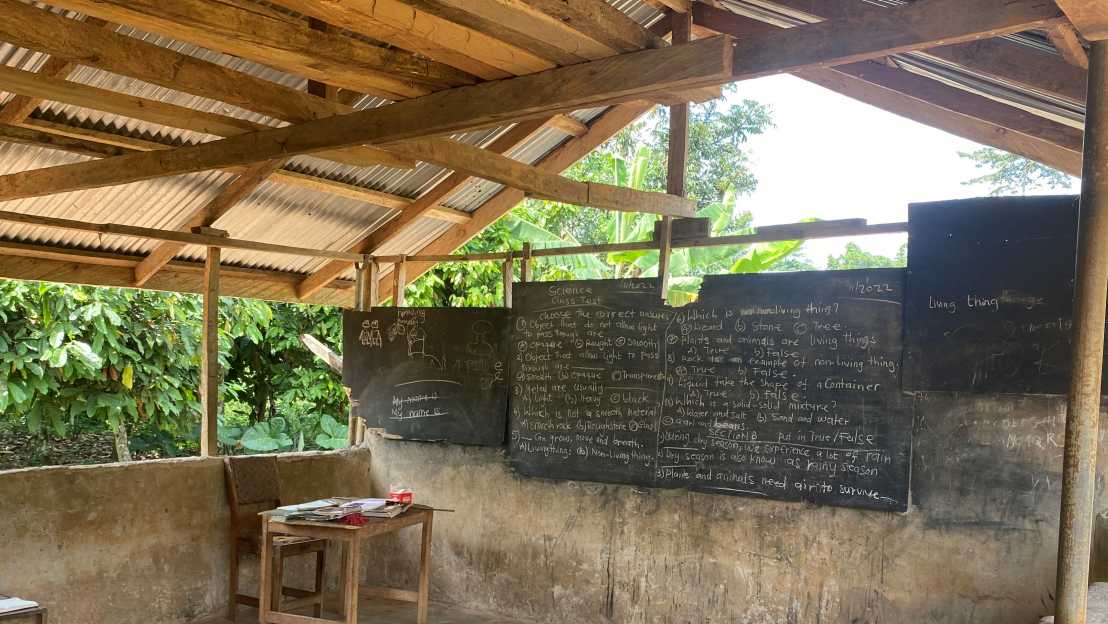
Ghana is the second leading producer of cocoa globally and Switzerland’s main supplier, where 50% of all cocoa consumed is imported from Ghana. Meanwhile, cocoa producers earn less than 5% of the final purchasing price of chocolate and poverty is a paramount issue. 50% of all children in cocoa-growing areas in Ghana are engaged in hazardous work and miss school regularly. Tackling financial hardship while incentivizing schooling seems to be key to decreasing child labour and increasing schooling. We conduct a Randomised Controlled Trial (RCT) to understand the impact of school kits (including a bag, shoes, exercise books, etc.) on child labour and and learning in cocoa communities in Ghana. Although commonly applied worldwide by industry and civil society, no scientific study has analysed how this intervention affects children's work or schooling and how it could be made more cost-effective.
With this project we want to generate robust evidence on what works to prevent hazardous child labour at low costs– which affects 1 in 10 children world wide and which affects around 50% of children working in cacao communities in West-Africa. The International Cocoa Initiative (ICI), a partner on the project, will use the results to inform the planning of activities to prevent and address child labour in cocoa-growing communities in West-Africa.
Focus Country: Ghana
Contact: Prof. Isabel Günther
Partners: external page University of Ghana, external page International Cocoa Initiative
ETH4D Grant: ETH4D Research Challenges Grant
Safer Artisanal Gold Mining
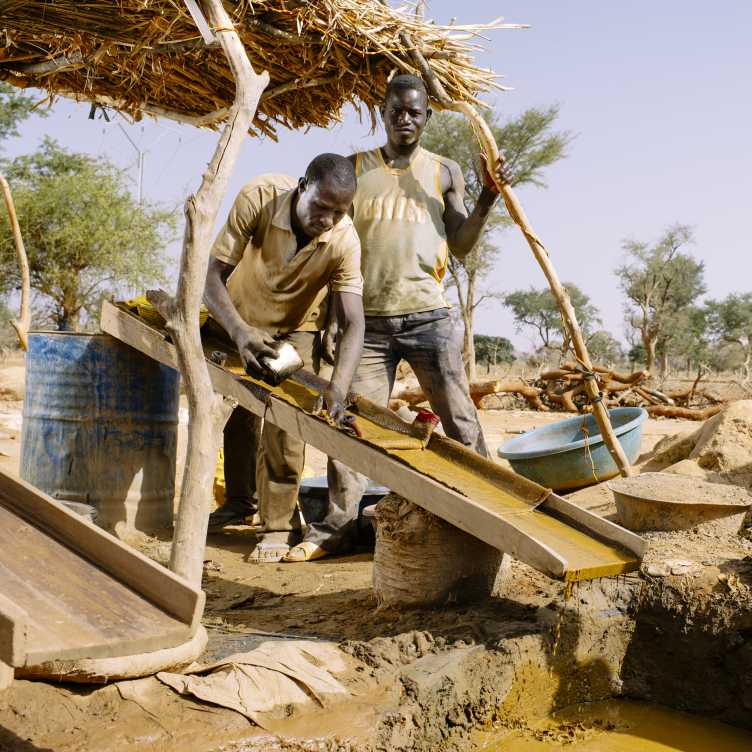
Worldwide there are about 20 million artisanal and small-scale gold miners. Most of them are poor individuals, trying to make a living by searching for gold. In Burkina Faso alone there is an estimated one million artisanal miners, working in dangerous conditions to secure a livelihood.
One popular method by small-scale gold miners is gold amalgamation, which uses mercury to extract the gold from gold ore. This method makes small-scale gold miners the largest human cause of mercury pollution in the world. Mercury pollution has serious environmental and health impacts. As it is not biodegradable, it can be absorbed in certain crops and fish, negatively influencing even neighbouring non-mining communities.
Although mercury is extremely dangerous for humans, various studies have shown that miners, including those in countries like Burkina Faso, seldom use protective gear, such as gloves, masks or retorts. The research investigated miners’ knowledge, perceptions and preferences of mercury use and personal protective gear by visiting miners on four different artisanal mining sites in the north of Burkina Faso.
Focus country: Burkina Faso
Contact: external page Prof. Isabel Günther
Partners: external page Fastenaktion
ETH4D Grant: ETH4D Research Challenges Grant